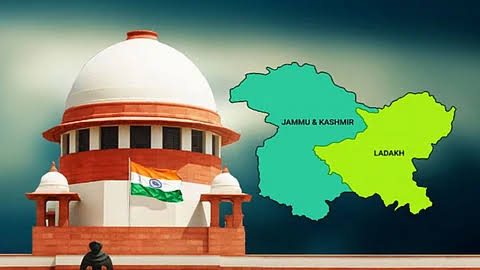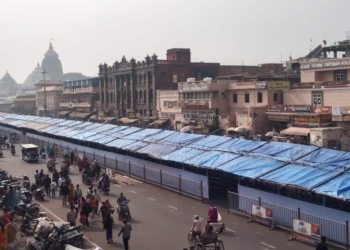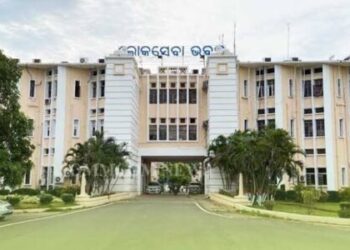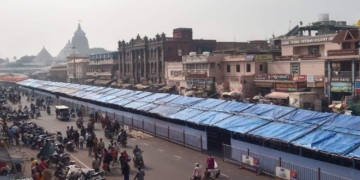The Supreme Court of India today addressed the petition for the restoration of Jammu and Kashmir’s statehood, stating that the regional security implications of the Pahalgam terror attack cannot be ignored.
The bench, led by Chief Justice BR Gavai, was responding to a plea seeking a timeline for restoring J&K’s statehood as a follow-up to a December 2023 court order.
Arguments and Background
The petition argues that the delay in restoring statehood, particularly after the successful Assembly elections in September-October 2024, is a “violation of India’s federal structure.” Senior advocate Gopal Sankaranarayan urged the court to set a clear timeline. However, Solicitor General Tushar Mehta, representing the government, requested time to seek instructions and cautioned against “muddying the waters” at this juncture.
The earlier Supreme Court order had directed that statehood be restored “at the earliest opportunity” after the Assembly elections. Following the elections, Chief Minister Omar Abdullah had written to political leaders to introduce a bill in Parliament to restore statehood, calling it an “essential course correction.”
Security Concerns
The court’s mention of the Pahalgam terror attack highlights the ongoing security concerns in the region. The April 22 attack, carried out by The Resistance Front, resulted in 26 deaths and led to India’s retaliatory “Operation Sindoor” against terror camps in Pakistan and Pakistan-occupied Kashmir. This military conflict ended after 88 hours, following a request for a ceasefire from Pakistan. The Supreme Court’s comment suggests that the security situation remains a critical factor in the decision-making process regarding J&K’s political future.





























